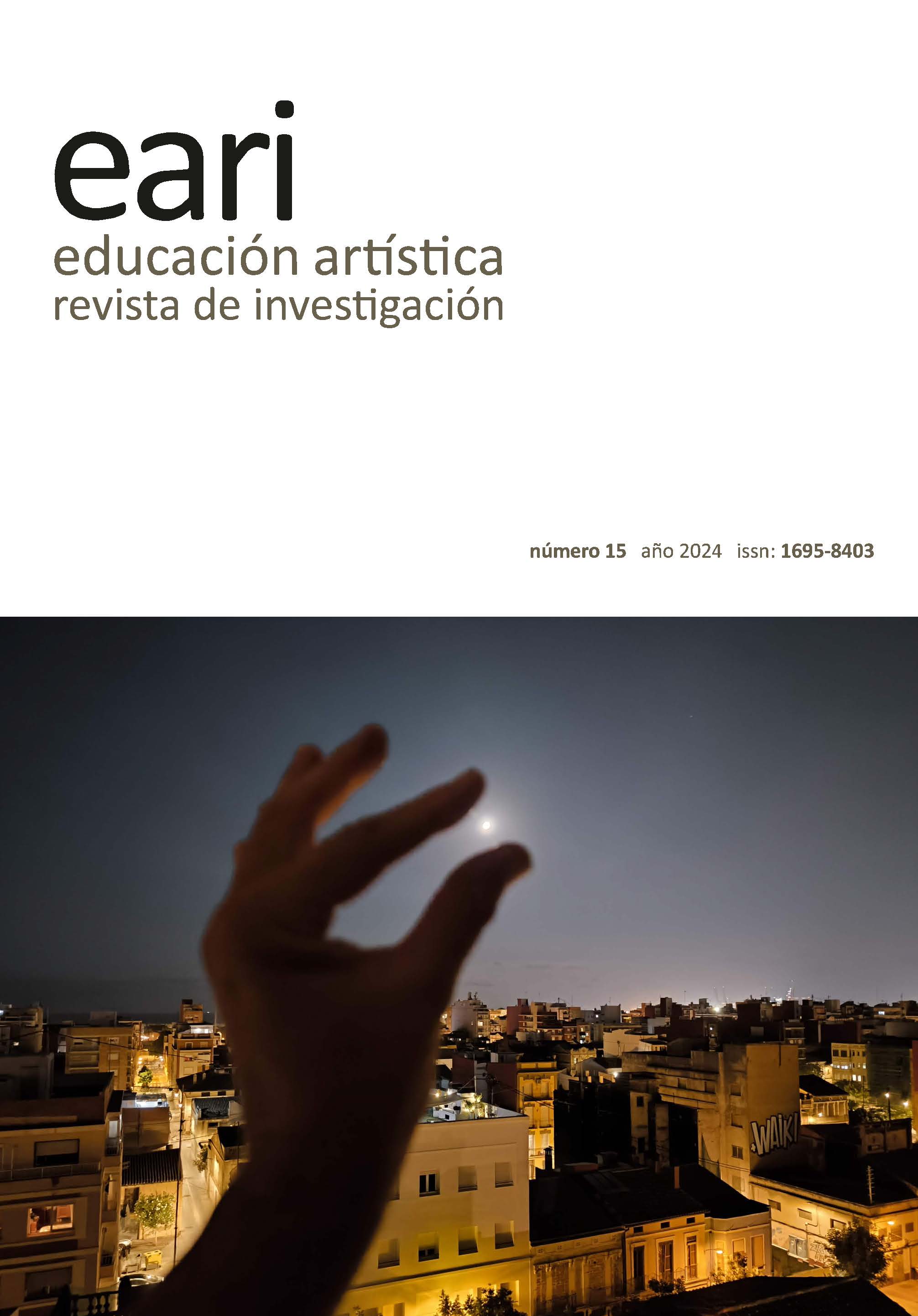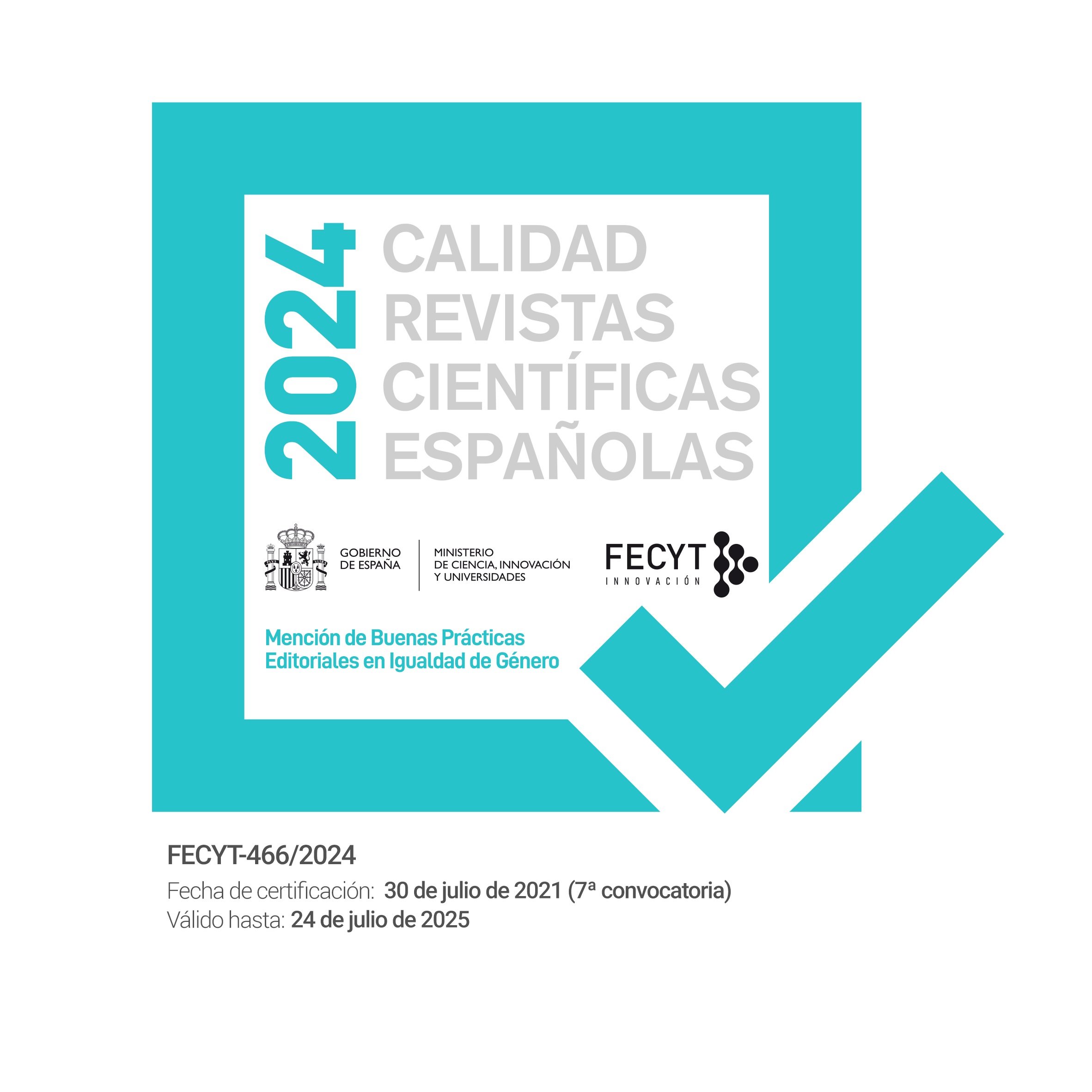The awakening of a new film criticism in Spain in the 1950s: Luciano González Egido, director of Cinema Universitario
DOI:
https://doi.org/10.7203/eari.15.28459 Abstract
Abstract
Luciano González Egido (Salamanca, 1928) was the director of Cinema Universitario (1955-1963), a film magazine affiliated with the Cineclub Universitario of the SEU of Salamanca. He took charge of it from its second issue, since the first had been directed by Basilio Martín Patino, who in the autumn of 1955 left Salamanca to study directing at the Institute of Cinematographic Research and Experiences (IIEC). Egido gave the publication an international and dissident scope within the parameters of the possibilist criticism of the fifties and sixties. With a literary background, his relationship with cinema began by chance, having won a script contest organised by the film club in 1955. As a result of his relations with it, he was able to participate, in May, in the National Cinematographic Conversations of Salamanca, an event in which he made friends with some members of the PCE such as Juan Antonio Bardem, Eduardo Ducay and Ricardo Muñoz Suay. He became assistant director to Bardem in La vengancia (1958) and in Nunca pasa nada (1963). Egido considers the act of writing a rebellion and he cultivated it during the nine years that the Cinema Universitario adventure lasted.
 Downloads
Downloads
Downloads
Published
How to Cite
-
Abstract44
-
PDF (Español)23
Issue
Section
License
![]()
Educación artística: revista de investigación (EARI) retains the proprietary rights (copyright) of published works, and favors and allows the reuse of the same under the license Creative Commons Attribution-Noncommercial Use 4.0 International License (CC-BY-NC 4.0), which allows third parties to use the published material whenever the authorship of the work and the source of publication is mentioned (journal, publisher and URL of the work), and it is used for non-commercial purposes.
Authors are encouraged to disseminate their work after it has been published, through the internet (for example, in institutional archives online or on its website) which can generate interesting exchanges and increase work appointments.








